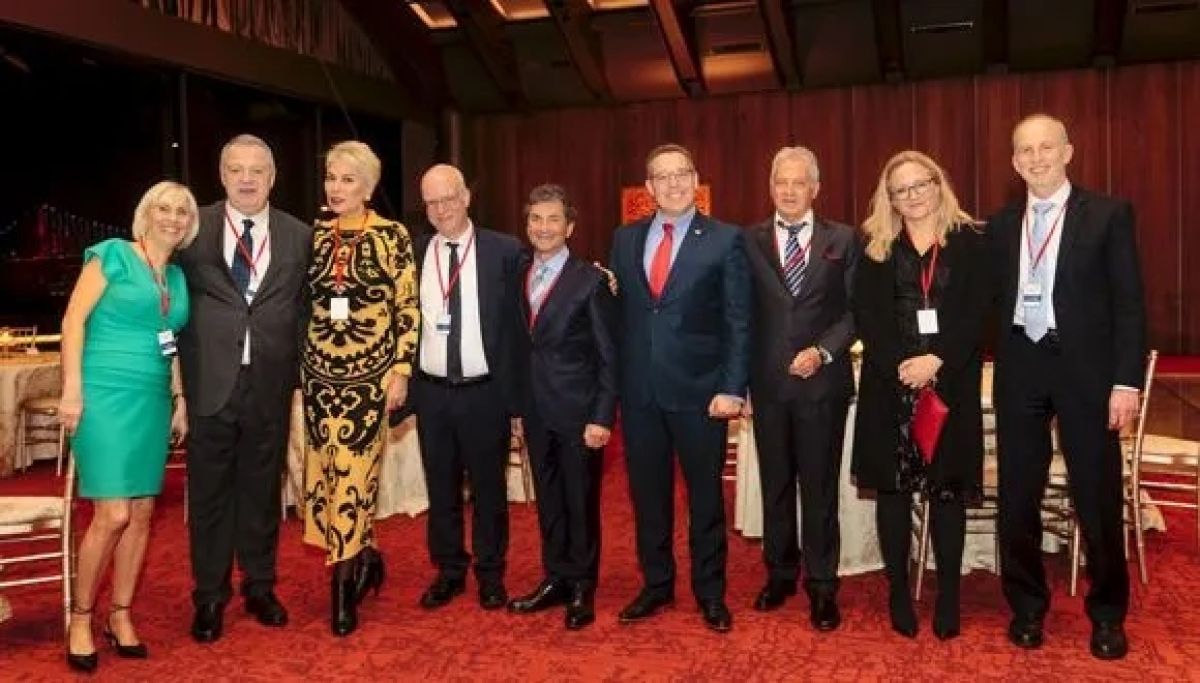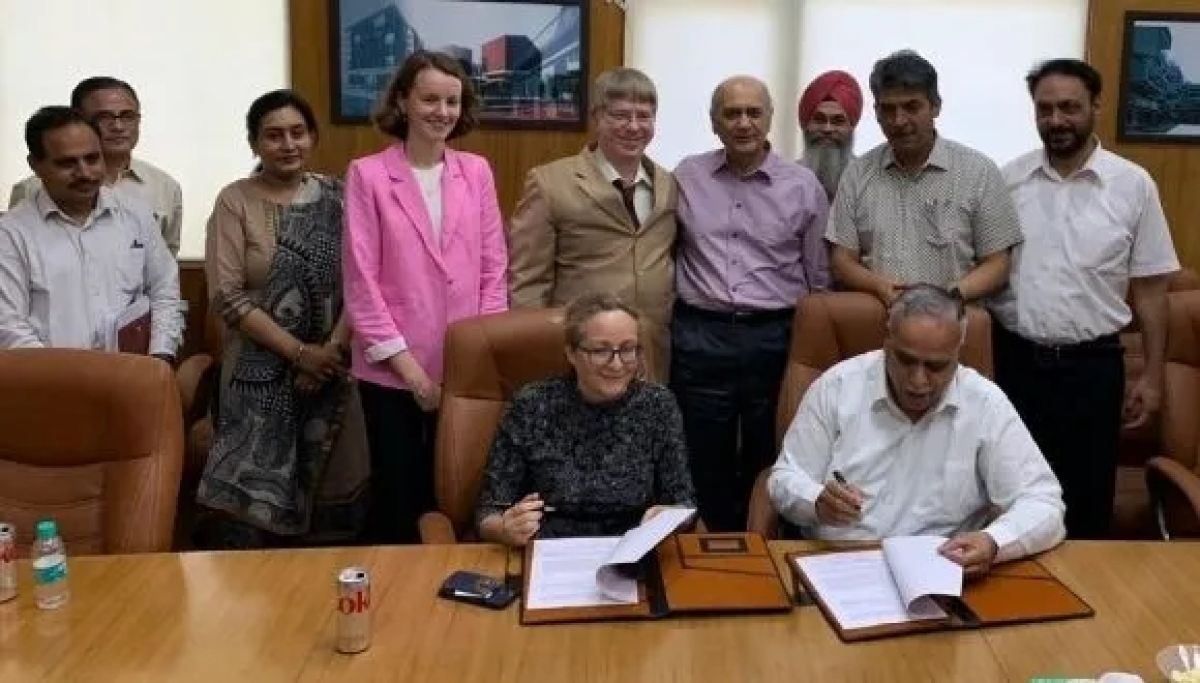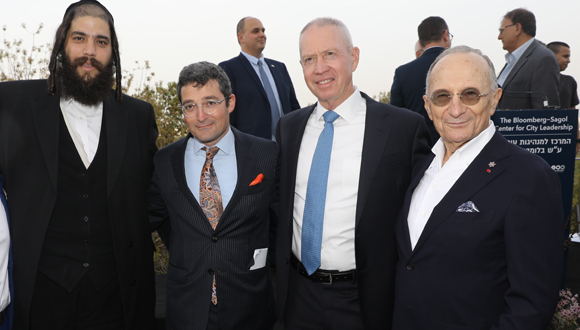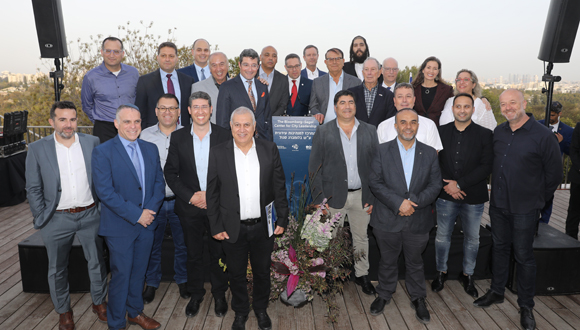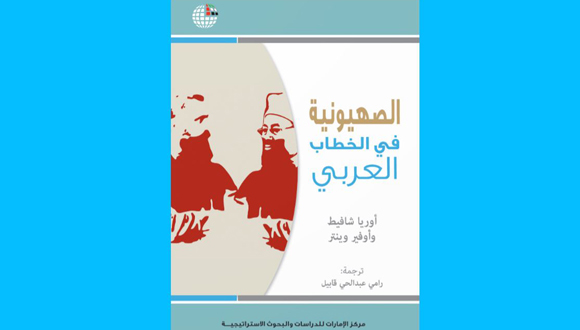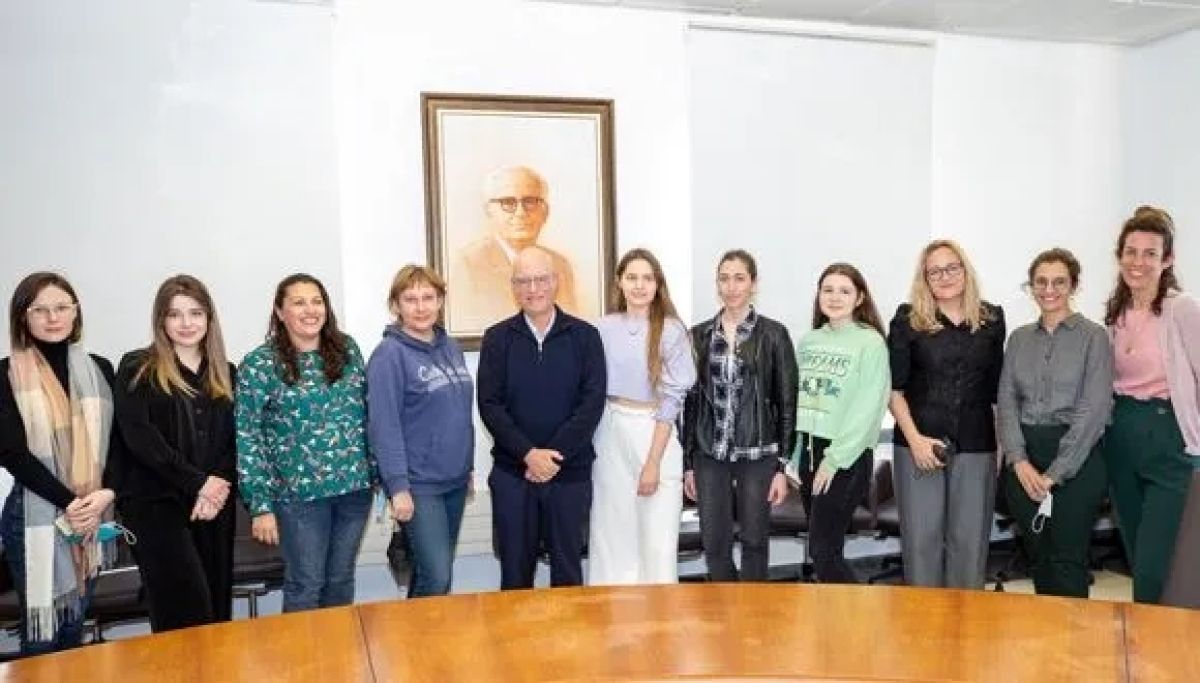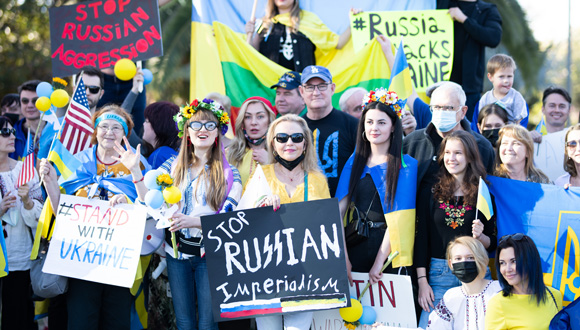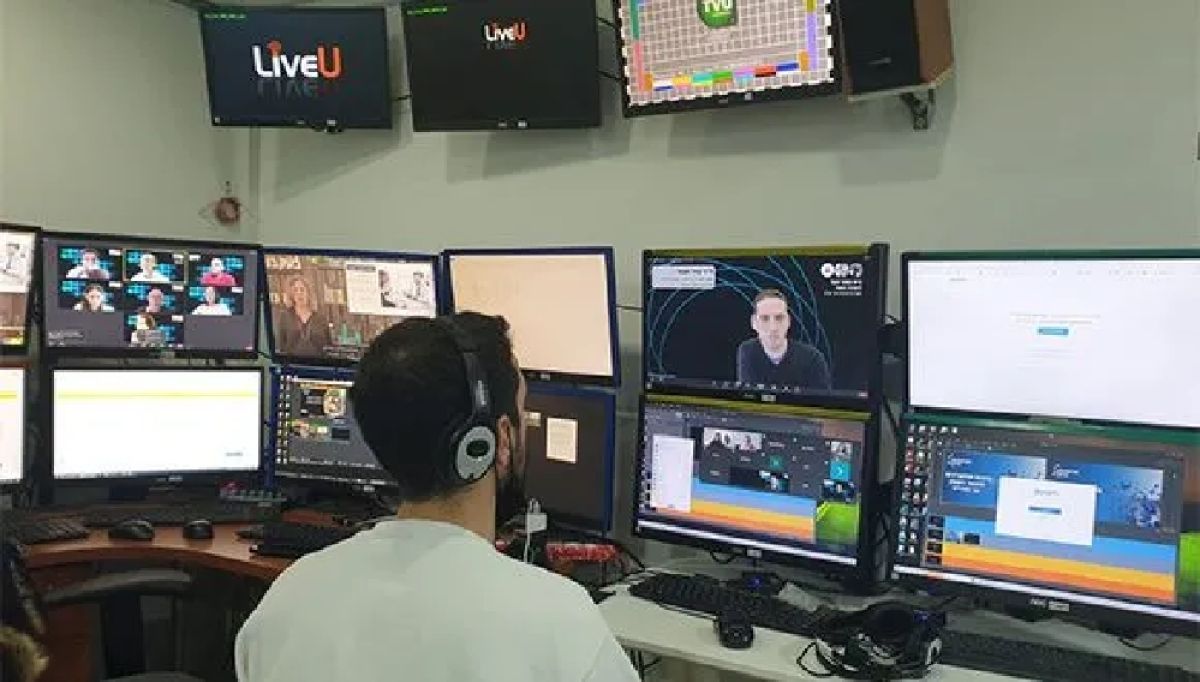On Israel’s Independence Day, TAU Celebrates Breakthroughs
3D human spinal cord implants, a new type of prehistoric human and what could be the ultimate solution to Global Warming.
Birthdays are a great opportunity to reflect on achievements in the year that passed and to set new goals. As we celebrate Israel’s 74th birthday, we look back at some of our top accomplishments in the past year.
Tackling the Untreatable
Paralysis from spinal injury has long remained untreatable. Could scientific developments help those affected get on their feet again sooner than imagined? TAU researchers believe our 3D human spinal cord implants could help paraplegics walk again. In a worldwide first, our researchers have engineered 3D human spinal cord tissues and implanted them in a lab model with long-term chronic paralysis, demonstrating high rates of success in restoring walking abilities. Now, the researchers are preparing for the next stage of the study, which is clinical trials in human patients. They hope that within a few years the engineered tissues will be implanted in paralyzed individuals enabling them to stand up and walk again.
While on the topic of incurable conditions, our researchers uncovered a core mechanism that causes ALS, paving the way to combat the fatal disease. Their findings may lead to ways to delay, or even roll back, the course of the fatal disease in its early stages. This discovery can lead to the development of new therapies that could enable nerve cells to heal before irreversible damage occurs in the spinal cord.
TAU researchers also made a first-of-its-kind 3D-print of a glioblastoma tumor, which mimics a living cancer malignancy. This could power new methods to improve treatment and accelerate the development of new drugs for the most lethal type of brain cancer.
It’s Getting Warmer
A new discovery by Tel Aviv University researchers may change the story of human evolution: We discovered a new type of prehistoric human – a missing link in human evolution. The bones of an early human, unknown to science, were found at an excavation site near the city of Ramla. Researchers believe the remains represent one of the “last survivors” of an ancient human group that lived here at the Levant alongside Homo sapiens (modern humans) between 140,000 and 120,000 years ago.
Today’s humans are highly reliant on electricity for many of our basic needs, and following a petition from TAU’s Legal Clinics, Israel’s Supreme Court included electricity as a fundamental civil right. A petition jointly filed by Tel Aviv University’s Human Rights Clinic at The Buchmann Faculty of Law will help keep the electricity on for Israel’s most underprivileged populations. In response to the appeal, Israel’s High Court ruled that electricity must not be cut off for citizens who prove a difficult economic or medical condition, effective immediately. Attorney Adi Nir Binyamini from TAU’s Human Rights Clinic has dealt with electricity litigation for several years now, and says, “I feel personal and professional satisfaction that on the coldest day of the year, when people were left without heating, the High Court accepted our position and ruled not to cut off people’s electricity due to poverty and that debt must instead be collected by more moderate means.”
While people need electricity to stay warm during cold winters (and the previous winter in Israel was indeed unusually cold), our planet could need some help to cool down. Could we have found the ultimate solution to Global Warming? A breakthrough TAU discovery may accelerate mass transition to sustainable energy: we found a way to sustainably produce non-polluting green hydrogen gas from algae on an industrial scale.
Further Contributions
This has been a challenging year in Israel and worldwide. We will continue to lead the way in making Israel’s future bright with new possibilities and pioneering changes , and look forward to another year of exploration in pursuit of the unknown.
Stay tuned to our achievements on this website and through our official LinkedIn page.
Happy Independence Day!


